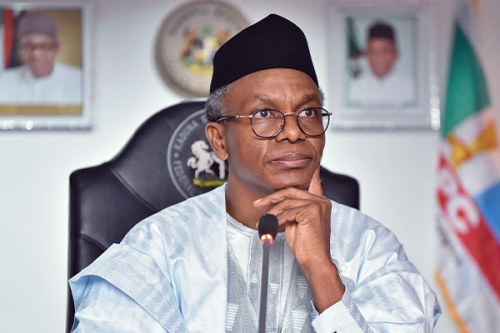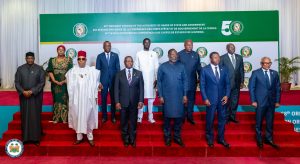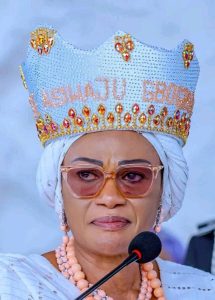In an era where silence often buys favour and sycophancy replaces sincerity, former Kaduna State Governor Nasir El-Rufai has once again proven that he is neither timid nor bound by convention. His recent public comments, rooted in data, experience, and foresight, provide a much-needed reality check for a nation drifting in denial. El-Rufai’s boldness in analysing the state of the country and the ruling party, the All Progressives Congress (APC), is timely and courageous.
With remarkable clarity, El-Rufai referenced a nationwide poll conducted by his team, which reveals the APC’s disapproval rating is an astonishing 91%. From the North to the South-East and even in Lagos, the numbers are damning. In a country where manipulated perception often trumps hard facts, El-Rufai’s statistical assertions stand out as an act of patriotism. While critics may question the methodology, independent surveys and the general mood of the public strongly validate his claims. The people are weary, the government is underperforming, and the disappointment is palpable.
Beyond statistics, El-Rufai provided a strategic and intellectual critique of the current political landscape. He exposed the façade behind coerced defections and overhyped endorsements meant to create the illusion of a settled 2027 election. According to him, the belief that the presidential race is already determined is not only premature but deliberately deceptive. “The election is far from over,” he asserted, reminding Nigerians that democracy is a process, not a performance.
His denial of a ministerial position in the current administration speaks volumes. He expressed gratitude to the Almighty for escaping an underperforming administration, stating it would be difficult for him to “explain failure.” This statement suggests a principled stance against mediocrity and a refusal to partake in a bloated cabinet that El-Rufai rightly describes as unproductive and inefficient. His argument that a large cabinet does not equate to effective governance is supported by the fact that more hands-on deck often lead to fewer tangible results.
On security, El-Rufai dismantled the hollow rhetoric that has characterized federal responses to rising insecurity. He highlighted the contradiction where governors are designated as chief security officers in name only, insisting that security is on the exclusive list, while the federal government continues to control security agencies and siphon billions for national security without delivering safety. Nigerians, he argues, are no longer fooled by press briefings; they want results. His frustrations resonate with millions across the country who live in fear while hearing of endless funding for a security effort that seems perpetually unsuccessful.
El-Rufai also revealed that their efforts to build a formidable coalition to unseat the APC in 2027 are real and significant. These efforts include prominent opposition figures like Atiku Abubakar, Peter Obi, and Rotimi Amaechi, not for selfish ambition, but for the salvation of a broken republic. His preference for forming a merger under a platform like the Social Democratic Party (SDP) is based on historical context, ideals, and electoral strategy.
In closing, El-Rufai did not spare his political backyard. He criticized the mismanagement occurring in Kaduna under Governor Uba Sani, whose leadership he described as riddled with incompetence and financial opacity. From the mismanagement of donor funds meant for victims of bombings to questionable claims of inherited debt, El-Rufai made it clear that governance cannot be reduced to excuses and empty rhetoric.
In a time when many speak only to please those in power, El-Rufai has spoken in service of the truth. For that, he deserves commendation not just for what he said, but for daring to say it.






